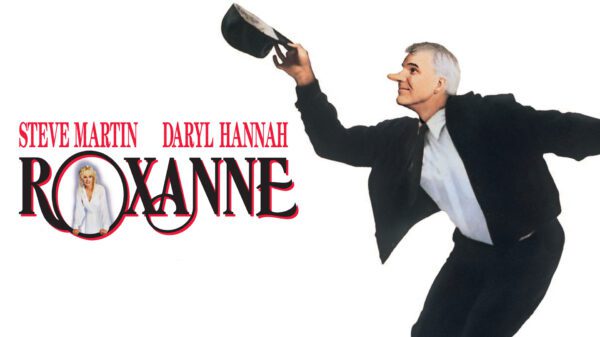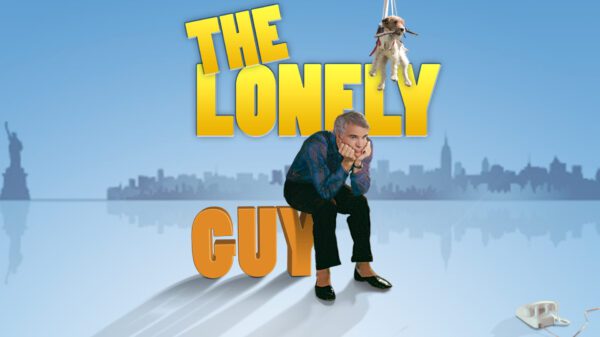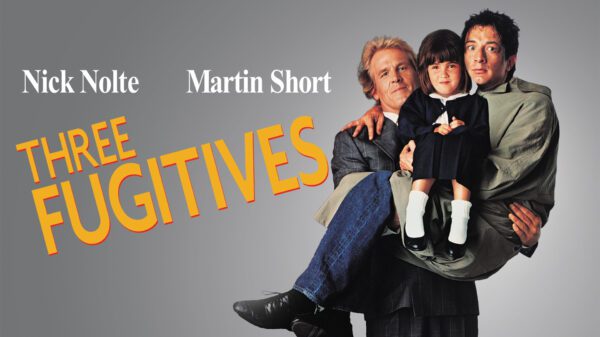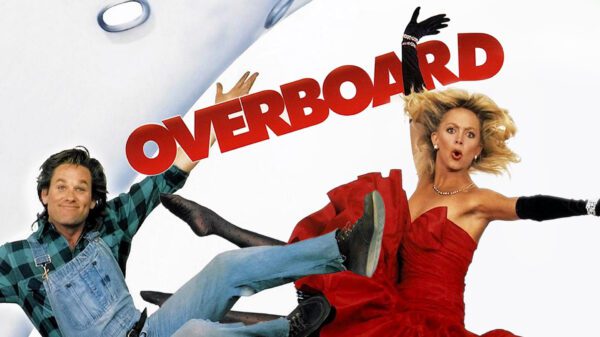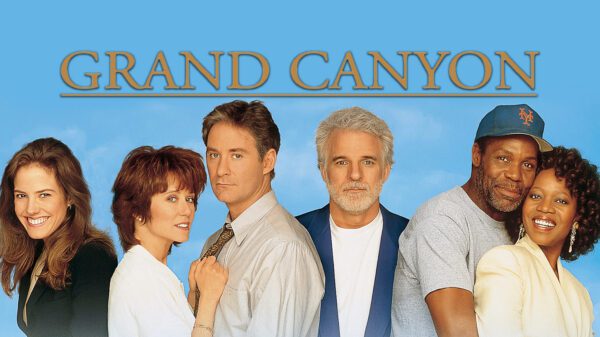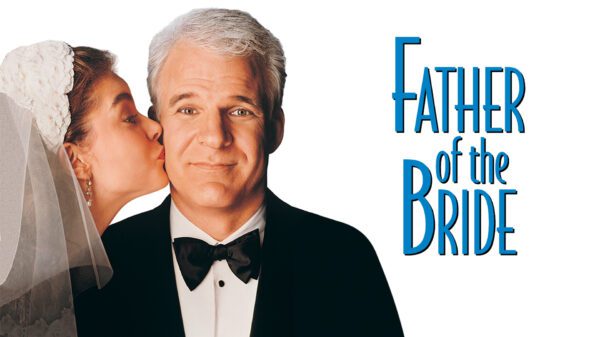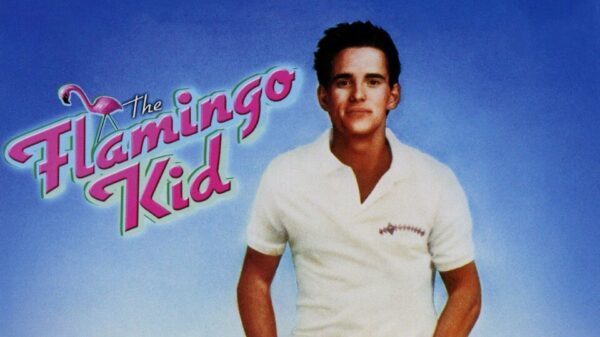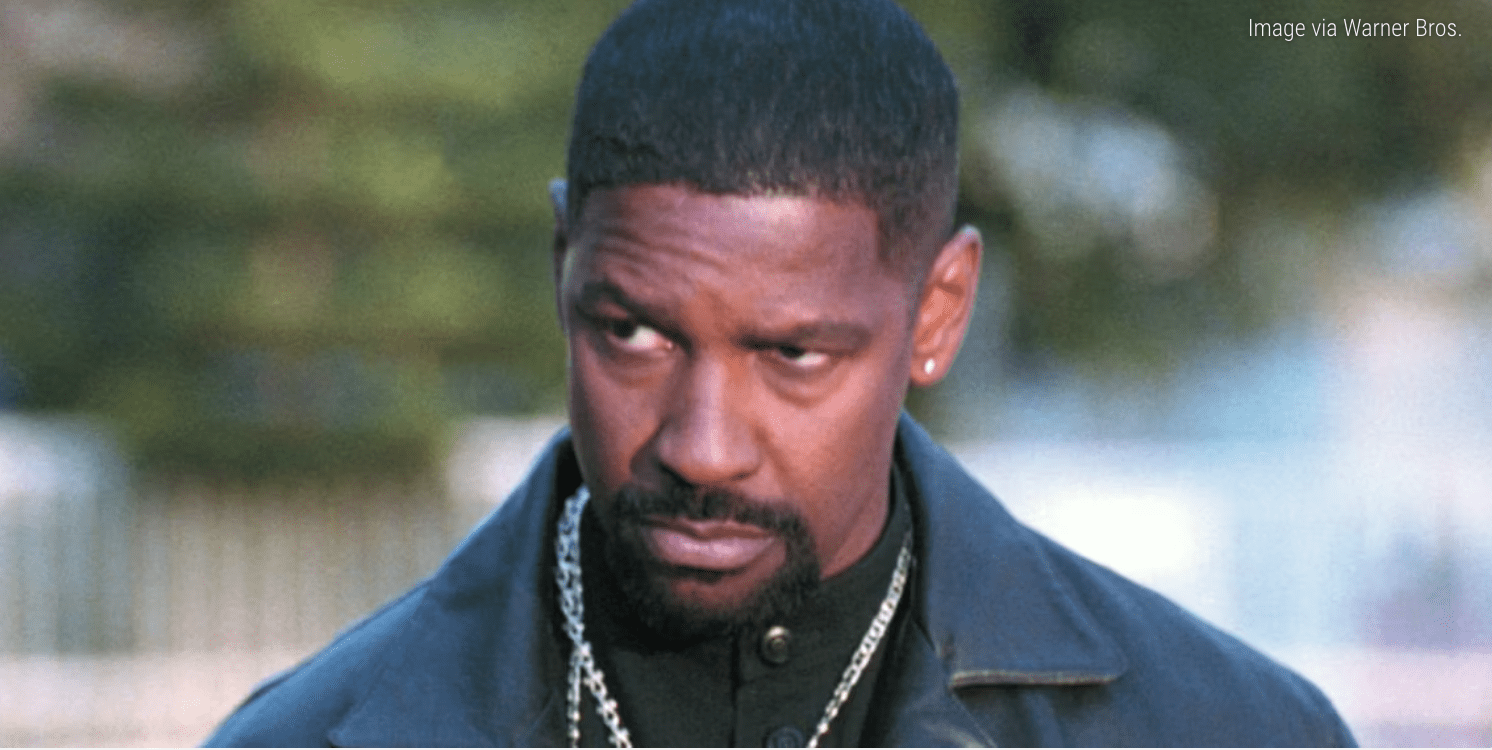Bolero is a prime example of the erotic drama genre that defined a part of that cinematic decade. The movie follows the journey of Ayre (Bo Derek), a young, privileged American woman who, fresh out of high school, embarks on a quest to shed her virginity.
Unimpressed with the men she knows, she decides to travel the globe in search of an ideal lover—a man who fits her fantasy.
Her travels take her to Spain and Morocco, where she is accompanied by her wealthy grandfather, played by the dependable George Kennedy, and her younger, more pragmatic sister (Olivia d’Abo).
Ayre’s search leads her to a Spanish bullfighter named Angel (Greg Bensen), whom she believes is the man of her dreams. Their romance blossoms, but their idyllic fantasy is shattered when Angel is severely injured during a bullfight, leaving him incapacitated. Devastated but determined, Ayre sets out on a new journey, this time to help him recover and prove her devotion.
Along the way, she confronts various challenges and meets other characters, including the seductive Catalina (Mirta Miller), who offers a different perspective on love and desire.
The plot is a series of explicit encounters and challenges, all framed by Ayre’s unyielding, if naive, pursuit of a single romantic ideal.
John Derek wrote and directed the film.
Bolero received an X rating from the MPAA and was ultimately released with no MPAA rating, with a disclaimer on ads that no children under 17 would be admitted to the film.
Bolero was released on home video in both unrated and R-rated versions.
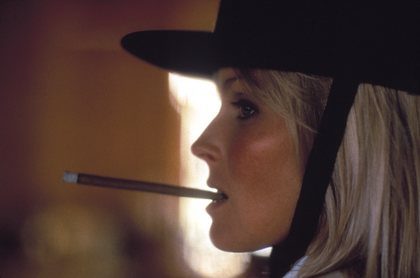
Bo Derek in Bolero (Photo/Cannon Films)
Reception for Bolero
Bolero grossed $4.6 million on its opening weekend, finishing third at the box office behind Tightrope ($7.1 million) and Ghostbusters ($6.4 million).
The film would gross $8.9 million in its theatrical run.
Roger Ebert gave the film a half out of four stars in his review.
Bolero is the oldest film to hold a score of 0% on Rotten Tomatoes.
Legacy
Released in theaters on August 31, 1984, Bolero was met with a storm of controversy and critical scorn. It was nominated for nine Golden Raspberry Awards and won six, including Worst Picture and Worst Actress for Bo Derek.
Its explicit nature and thin plot made it a favorite target for critics.
The film’s legacy is tied directly to this notorious reputation. It is widely considered one of the worst films ever made, yet it remains a significant cultural artifact of the 1980s, representing a peak of mainstream, softcore eroticism in American cinema and its notoriety and place in pop culture history are undeniable.


